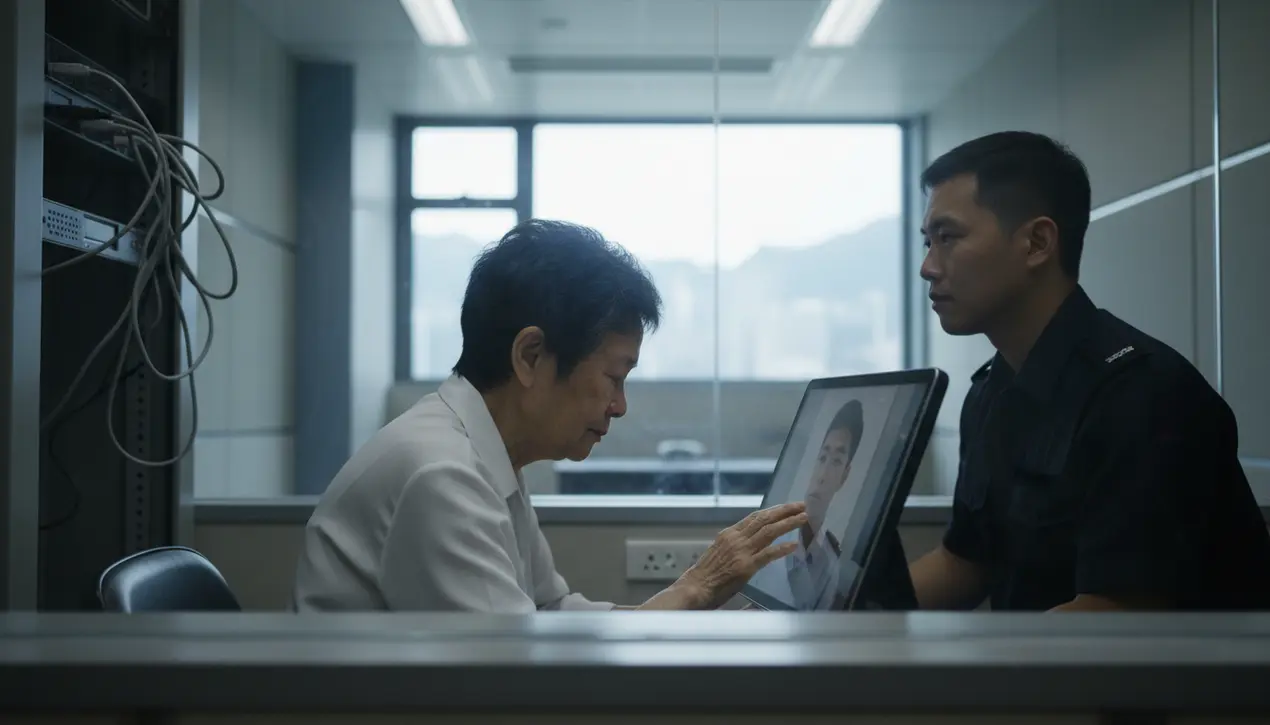
Politicshuman rightsPrison Conditions
Hong Kong Expands Virtual Prison Visit Trial Scheme
OL
Oliver Scott
4 hours ago7 min read3 comments
Hong Kong's Correctional Services Department has initiated a significant expansion of its virtual prison visit trial scheme, a move that signals a strategic pivot toward digital penal management with profound implications for operational security, familial access, and systemic resilience. Initially launched across four facilities on Lantau Island, the e-booking platform for video visits represents more than mere administrative convenience; it is a calculated response to the logistical nightmares posed by the city's notoriously remote correctional institutions, such as the maximum-security Stanley Prison and the isolated Tai Lam Centre for Women, where traditional visitation has long been hampered by arduous travel and stringent scheduling.This digital transition, while framed as a humanitarian measure to ease the burden on families—particularly those from low-income backgrounds who cannot afford repeated cross-island journeys—must also be analyzed through the lens of risk mitigation. In a jurisdiction where prison overcrowding remains a persistent challenge and where civil liberties have been under intense international scrutiny following the 2019 protests and the subsequent National Security Law, the adoption of remote monitoring technologies offers authorities a dual benefit: it ostensibly enhances prisoner welfare by maintaining crucial social bonds, which are empirically linked to reduced recidivism, while simultaneously enabling tighter control over communication channels and reducing the physical introduction of contraband, a perennial security threat.The scalability of this system invites scenario planning: a successful trial could precipitate a permanent, territory-wide rollout, potentially serving as a template for other densely populated yet geographically fragmented Asian financial hubs like Singapore. However, the operational risks are non-trivial.A centralized digital booking system presents a single point of failure, vulnerable to cyber-attacks that could paralyze visitation schedules or, worse, lead to sensitive inmate data breaches. Furthermore, the digital divide could inadvertently marginalize elderly or technologically illiterate relatives, creating a new form of systemic exclusion.Historically, Hong Kong's penal policy has oscillated between rehabilitation and deterrence; this technological infusion, while modernizing, must be balanced against the fundamental right to personal interaction. As global corrections systems from Scandinavia to California increasingly experiment with tele-visitation, Hong Kong’s model will be a critical case study in whether digital efficiency can coexist with the nuanced human needs of incarceration, or if it merely digitizes the bars on a larger, more impersonal cage.
#Hong Kong
#Correctional Services
#video visits
#prisoners
#family
#remote facilities
#trial scheme
#editorial picks news
Stay Informed. Act Smarter.
Get weekly highlights, major headlines, and expert insights — then put your knowledge to work in our live prediction markets.
Related News
Comments
Loading comments...
© 2025 Outpoll Service LTD. All rights reserved.












